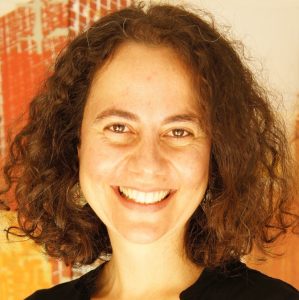
Professional Development In Chilean State-Funded Early Childhood Education: What Do Educators Have To Say?
This study utilizes a multiple-case study to investigate the knowledge, experience, and needs regarding professional development opportunities of Chilean early childhood educators. The cases of the study are the professional development of the staff employed at two centers that belong to JUNJI and Fundacion Integra foundation, the two main institutions offering state-funded early childhood education in Chile. The participants of this study included two center’s directors and four early childhood educators. Data collection was undertaken using semi-structured interviews, a review of documents and a reflective journal. Data were categorized and analyzed adopting an inductive approach to thematic analysis. Four broad themes were identified through the analysis: different types of professional development, perceptions about the value and effectiveness of professional development activities, professional development needs, and working conditions. Participants of this study described their experiences in a variety of professional development activities including orientation; ongoing training in the form of workshops, talks and courses; learning communities; beginning of the year intensive training, and diplomas and degrees. In general, professional development was regarded by all participants as an essential component in their careers as early childhood educators. However, not all participants shared the same perception about the effectiveness of different types of professional development activities available to them. Participants expressed several needs that in their view would maximize the potential benefits of professional development activities. Those needs encompassed greater duration and depth in orientation sessions and ongoing training activities; access to ongoing training activities for a greater number of educators; more opportunities to receive training guided by subject matter experts both inside and outside the centers; more training focused in iii topics related to language development, socio-emotional development, and assessment; greater economic support to pursue postgraduate studies; and improvement of the initial training of early childhood educators. In one center the participants discussed several working conditions that affected their overall daily experiences at work. Participants indicated that lack of time, increased administrative work, and low staff-child ratio were factors that hampered their work at the center, including but also transcending professional development activities.